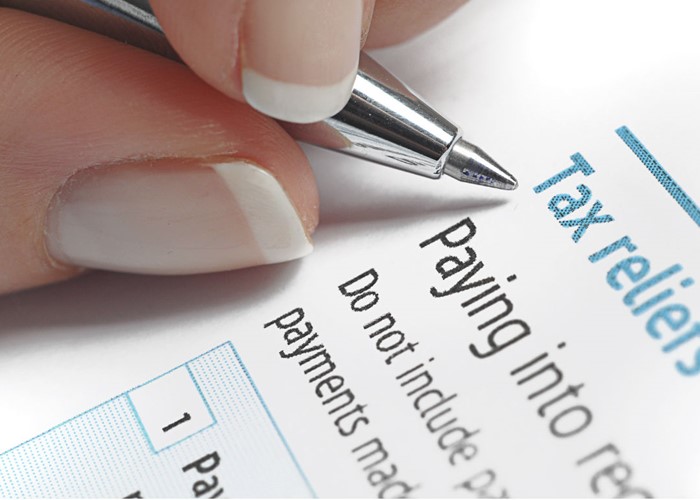HMRC justifies new powers to take money from your bank account

HMRC executives this week attempted to justify its new debt collection powers, which include the ability to retrieve money directly from taxpayer’s bank accounts.
HMRC is seeking new powers to trawl through debtors’ financial accounts and take money directly if significant debts of over £1,000 are owed. This power has been dubbed ‘Direct Recovery of Debts’.
The HMRC Business Plan 2014-16 states that these new powers will “modernise the way we collect debt,” and give HMRC the ability to recover money from debtors’ bank and building society accounts, including ISAs. It says that this will “help to level the playing field between those who pay what they owe, when they owe it, and those who do not”.
During a Treasury Committee hearing this week, HMRC came under fire for the proposals by MPs who argued that not only had the idea been suggested before and rejected due to strong criticism, the measures would also be unfair and unjust, since no other arm of the state had such powers.
Recovering tax from bank accounts
HMRC suggests that, given these powers, it could collect unpaid tax directly from bank accounts in around 17,000 cases a year, where debtors are expected to have an average tax debt of around £5,800. HMRC claims that around half of the debtors affected by this policy have more than £20,000 in their various accounts.
The taxman estimates that this would allow the recovery of £375 million from people who owe tax over the next four financial years, while costing £800,000 to implement.
HMRC says that it will leave £5,000 in any account raided, or more if a “pattern of expenditure” is identified that shows a need for more money to remain in the account. Its executives vehemently maintained during the hearing that this is a final option only to be taken when all other means of recovery have been exhausted, and not for use in other situations.
Chief Executive Lin Homer insisted that the taxman didn't want people to think HMRC believes it should be given a power to dip into everyone’s bank accounts, as the vast majority pay their tax.
Compare bank accounts with lovemoney.com
Choosing not to pay
HMRC has argued that some people who are not subject to PAYE are “choosing simply not to pay,” and that the cost for collecting taxes is being driven up as a result. As such, Mrs Homer suggested: “It is right that we have sufficient powers to stop those limited numbers of people avoiding paying tax in a similar fashion to others.”
It was also pointed out that going to court will outweigh or seriously diminish the amount of tax that is collected, whereas dipping into accounts in this way will retrieve more cash.
Criticisms of the proposals
A number of MPs at the hearing were unimpressed.
John Thurso (LibDem) pointed out that similar plans were proposed in 2007 and the Government at the time decided not to proceed because of “considerable objections”.
He added that it these powers would go “against the Magna Carta,” allowing the taxman to “go in, and seize, without judicial process or review, a bank account”.
Steve Baker (Con) chipped in to say that he was “horrified” that an exception was proposed to be made simply because HMRC was “frustrated with a small minority of people.”
Compare bank accounts with lovemoney.com
HMRC also want to look through bank statements
The taxman confirmed it also wants the power to gather up to 12 months of bank statements as part of the Direct Recovery of Debt process, arguing it was necessary to establish "patterns of expenditure" to ensure people don't suffer financial hardship as a result of the taxman taking money out of their accounts.
This was also slammed by MPs as an “additional intrusion" into people’s lives.
Vulnerable groups, queries and responses
The Government is seeking views from groups representing vulnerable debtors, and responses and queries should be sent to andrew.willis@hmrc.gsi.gov.uk or by post to: Andrew Willis, HM Revenue & Customs, Debt Management and Banking, Room 3/46, 100 Parliament Street London SW1A 2BQ.
Responses will be taken up until 29th July 2014.
If approved by parliament, the legislation will be taken forward as part of the 2015 Finance Bill.
Should the Government give HMRC the new powers it is requesting? Let us know your thoughts in the comments below.
Compare bank accounts with lovemoney.com
More from lovemoney.com
Tax and benefit changes 2014/15
5.5 million paid wrong tax in 2013/14
Councils fail to collect £2.5bn Council Tax
Tax codes: how to check you're on the right one
Comments
Be the first to comment
Do you want to comment on this article? You need to be signed in for this feature